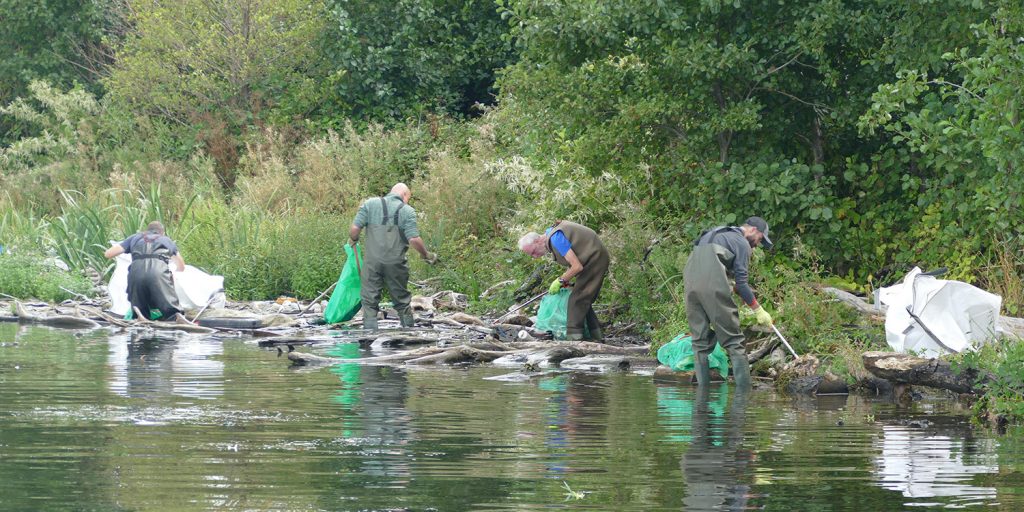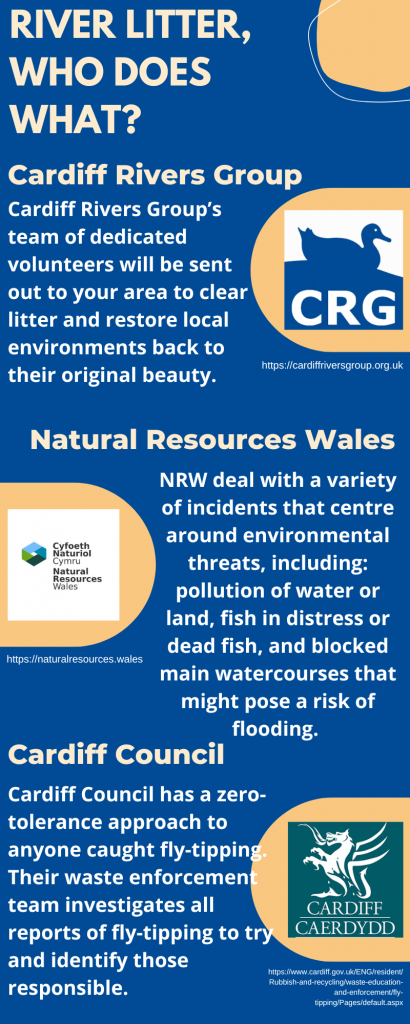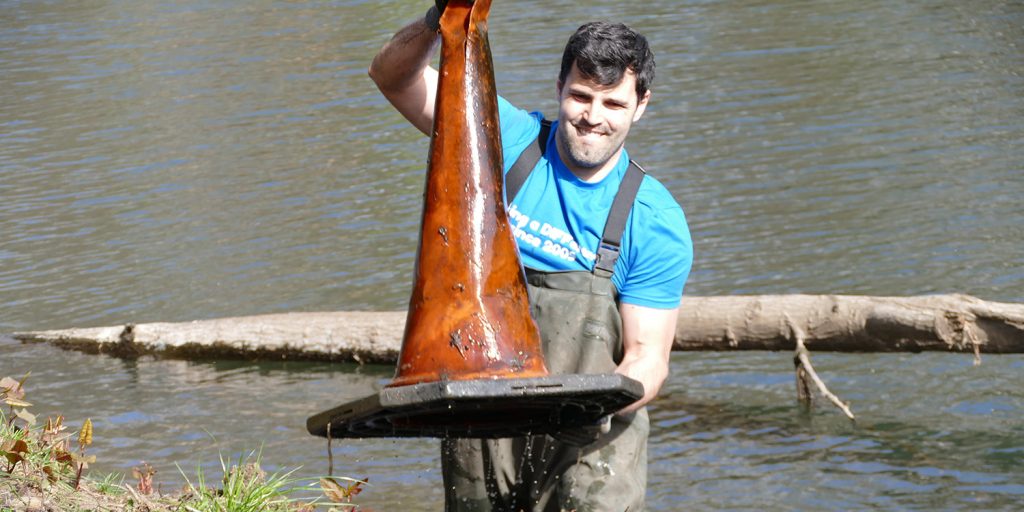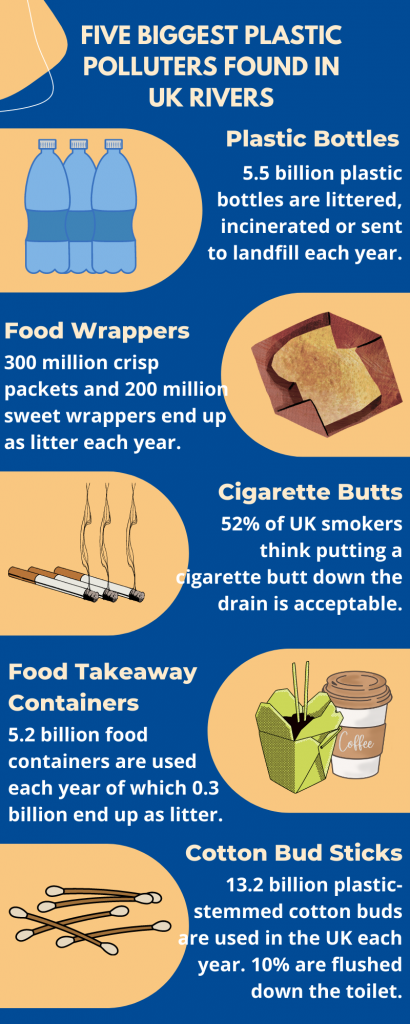Welsh government outline the need for collaboration to tackle increasing river litter pollution, but a leading community group says this is turning into over-reliance on volunteers

The river Taff, Ely, and Rhymney are the three main rivers that run through Cardiff. Each year an estimated 14 million pieces of plastic rubbish ends up in and around rivers in the UK, according to the leading charity Canal and River Trust.
In addition to this, littered nitrous oxide canisters have risen around Cardiff, with several large and small canisters being collected and recycled each year, according to volunteers at Cardiff Rivers Group.
Maintaining a strong collaboration between local authorities and voluntarily led groups to keep natural resources and spatial pathways clear of litter is an ongoing target set out this year by Welsh government.
But does this target create an over-reliance on volunteer and community groups? Preventing local authorities from fulfilling their statutory duties as a public service?
This is part of the problem, everybody says it’s everybody else’s responsibility
Dave King MBE

The issue of litter around rivers is not Cardiff council’s responsibility unless it concerns fly-tipping, where a fine of up to £50,000 can be issued.
Natural Resources Wales was formed in 2013 and acts separately from the council. Each year their responsibilities and targets are set by the Senedd. Responsibilities involve monitoring environmental incidents such as flooding.
Between Cardiff council and Natural Resources Wales lay a void of responsibility where litter in and around rivers was not being cleared, leaving a stain on natural environments and public sights. Dave King MBE filled that void in 2009 when he formed Cardiff Rivers Group.
According to Dave King MBE, the clear lack of responsibility to deal with river litter and consistent passing of the buck from Cardiff Council and Natural Resources Wales was the main reason for starting the group.
NRW would only act if a risk of flooding was involved, says King, and the council would pass the buck to the landowner, even if they were the owners.
During this current cost-of-living crisis and times of austerity, the council are going to focus their funding on key areas such as education and social care, and rightfully so says King. Litter picking, street and river cleans are going to get pushed aside, so if community groups don’t step up and take charge of the situation it won’t get done, he says.
Cardiff Rivers Group’s main responsibilities involve clearing pathways and rivers, and then collecting and organising rubbish to be disposed of and recycled. Eszter Hovarth, who has been a volunteer for over six years says she enjoys the social aspect of the group and engaging in new activities she would never have tried before, such as getting on a pair of knee-high wellingtons for a deep river clean.
Another volunteer says although there is an overreliance on community-led groups, there is arguably an over-reliance on the council to do everything for residents. “It wouldn’t hurt for more people to help out and tidy up their communities.”
King now finds himself being contacted by local authorities when a resident reports litter in and around rivers and streams. “They won’t go near it, the council, that’s the thing. If there’s litter in more than six inches of water, they’ll ring me.”

Labour councillor Huw Thomas of Splott said although it’s not the council’s responsibility, they collaborate with community groups, such as CRG, to dispose of the waste collected after the community events end. Natural Resources Wales says it acts under the guidelines of the Welsh government and aims to achieve the targets set out each financial year.
A new kind of litter
A newly found form of litter around Cardiff is nitrous oxide canisters. CRG look to the expertise of Dr Matthew Conroy, a structural biologist at Cardiff University to depressurise and dispose of the canisters correctly. Hundreds of NOS canisters have been found this year and Dr Conroy says the problem will only get worse, especially around university-populated areas.
It isn’t illegal to buy nitrous oxide in Wales and is believed to be a popular recreational drug for 16-24-year-olds. Large canisters that are commonly collected by the river group are often full and highly dangerous, according to Dr Conroy, and are a great risk to the environment as one of the most potent greenhouse gases.
The plastic problem
A study from Loughborough University found that 63% of all litter across the UK was made of plastic, and the majority had been used for packaging.
Furthermore, an annual survey conducted by two leading environmental organisations in Wales, the Marine Conversation Society and Keep Wales Tidy stated that litter in Wales is mostly associated with ‘on the move’ food and drink containers.
This year Welsh Government began talks to introduce the single-use plastic bill which will make it an offence for any business to supply any commonly littered single-use plastics including cutlery, plates, and cotton buds.
The founder of CRG welcomes this but adds a further incentive programme, such as a traditional deposit return scheme, to stop the problem at its source could be a solution. “All it needs is people, instead of penalising people they need to be incentivized. Try and do that. And with polystyrene, one of the biggest polluters, just ban it.”
Plastic pollution and the growing concern over littered nitrous oxide canisters will continue to worsen if community groups do not step up, according to CRG, during the cost-of-living crisis. If Cardiff council choose to focus funding on other key areas, the question surrounding over-reliance on community-led groups will further prolong into the future.

